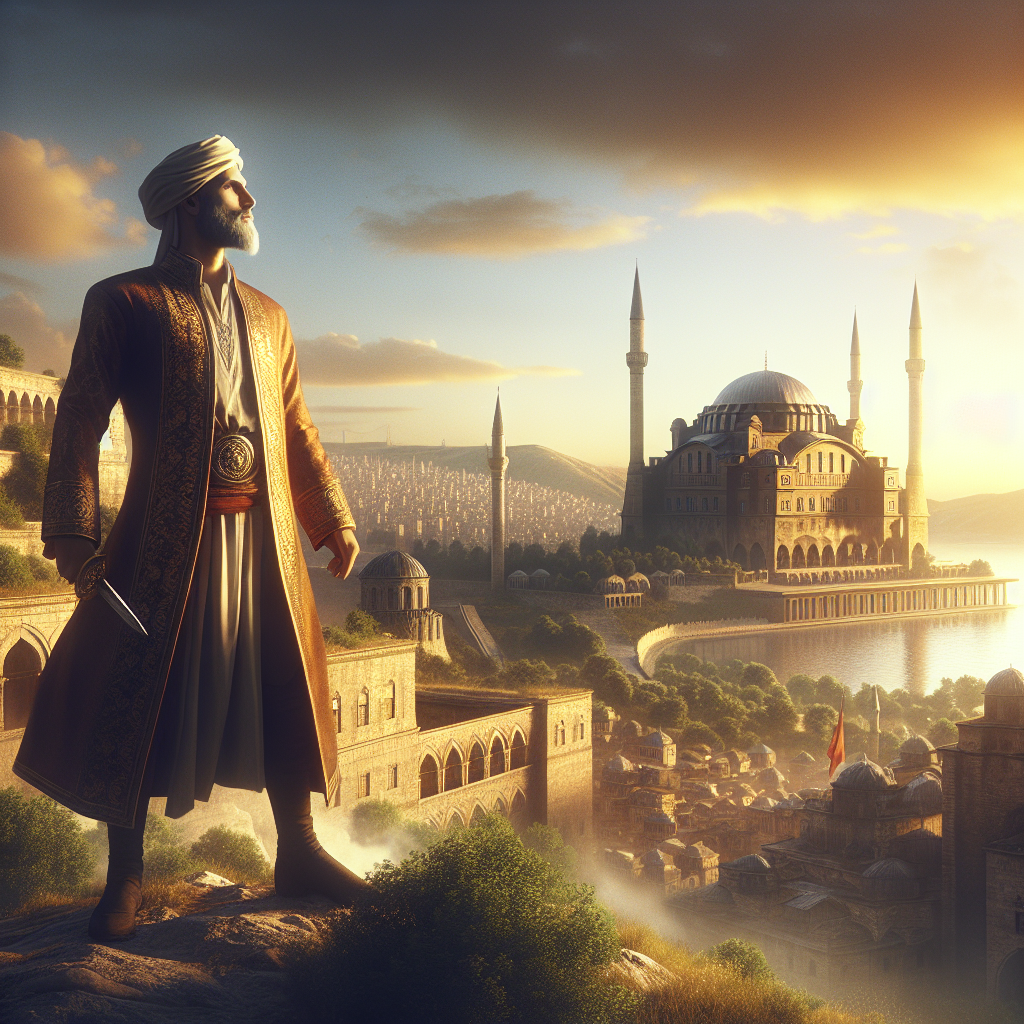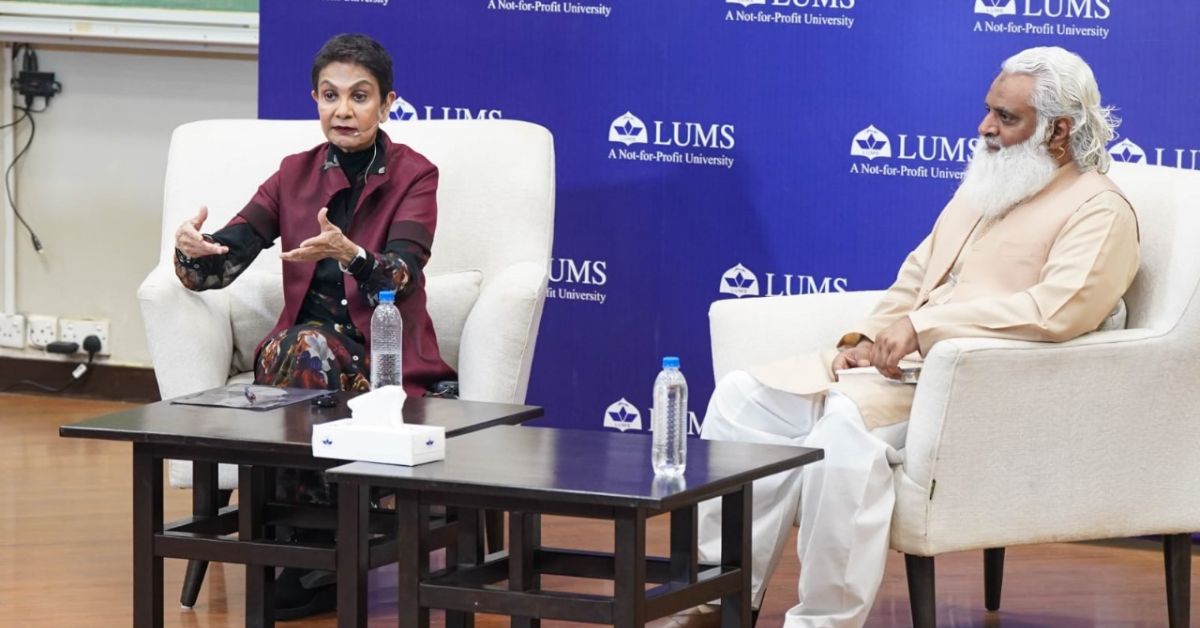Bringing the Crescent Together Salah ad-Din’s Journey to Unity
Introduction
In a world splintered by conflict and factionalism, few historical figures stand out as beacons of unity. Salah ad-Din, often known in the West as Saladin, is one such figure. Revered in Islamic history for his pivotal role in uniting the Muslim world during the tumultuous times of the Crusades, Salah ad-Din’s legacy extends beyond his military conquests. This blog post will explore the significant contributions of Salah ad-Din in bringing together the fragmented states of the Muslim world, revealing insights into his leadership style, strategic prowess, and the key events that marked his remarkable life. Join us on this historical voyage to understand how Salah ad-Din’s vision for unity reshaped the Middle Eastern geopolitical landscape.
The Early Life of Salah ad-Din

Born in Tikrit, Salah ad-Din’s early life was shaped by the region’s rich yet turbulent history. Growing up in a military family, Salah ad-Din was immersed in the art of war from a young age. His father, Ayyub, served as a governor in the Zengid dynasty, which provided Salah ad-Din with firsthand exposure to governance and military strategy. This early immersion in political and military affairs laid a solid foundation for his future endeavors.
Salah ad-Din’s education was extensive, covering Islamic theology, literature, and military tactics. This combination of intellectual and martial training equipped him with the necessary skills to lead and inspire. It was during these formative years that Salah ad-Din’s keen sense of justice and compassion for his people began to take shape, traits that would later endear him to both rivals and followers alike.
His early career saw him serving under Nur ad-Din, a respected leader in the Zengid dynasty. This experience proved invaluable, allowing Salah ad-Din to refine his abilities and gain insight into the complexities of leadership and diplomacy. Through these experiences, Salah ad-Din developed a vision of unity, recognizing the need for a cohesive force to repel external threats and bring stability to the region.
Rise to Power
Salah ad-Din’s rise to power was neither swift nor inevitable. Rather, it was the result of a series of calculated moves and alliances that demonstrated his strategic acumen. His appointment as vizier of Egypt marked a turning point in his career. Under the Fatimid Caliphate, Egypt had been a significant power in the Muslim world, but internal strife and external pressures had weakened its position. Salah ad-Din’s leadership rejuvenated the region, implementing important reforms that strengthened Egypt’s military and economy.
After consolidating power in Egypt, Salah ad-Din set his sights on the broader Muslim world. He skillfully navigated the intricate web of alliances and rivalries, forging critical ties with neighboring states. This diplomatic finesse enabled him to establish himself as a unifying force, bringing together disparate factions under his leadership. Through a combination of military strength and political astuteness, Salah ad-Din expanded his influence across the Levant and beyond.
Salah ad-Din’s ability to integrate and motivate diverse groups proved crucial in his quest for unity. By emphasizing shared values and common goals, he fostered a sense of purpose that transcended regional and factional divisions. This commitment to unity resonated deeply with his followers, solidifying his reputation as a leader who could overcome seemingly insurmountable obstacles.
The Call for Unity
During a period characterized by fragmentation and discord, Salah ad-Din’s call for unity struck a chord with many. The Muslim world, divided into numerous states and emirates, faced mounting threats from external forces, particularly the Crusaders. Salah ad-Din recognized that only through unity could the Muslim world effectively resist these incursions and secure its future.
His message of unity was not merely rhetorical but grounded in practical action. Salah ad-Din devoted significant effort to building alliances and fostering cooperation between neighboring states. Through diplomatic negotiations and strategic marriages, he forged bonds that transcended traditional rivalries, creating a network of allies committed to a shared mission.
Central to Salah ad-Din’s philosophy was the belief that unity should be built on mutual respect and shared values. He rejected the notion of absolute conquest, opting instead for a model of leadership that emphasized inclusivity and consensus. This approach endeared him to many, earning him respect and admiration even among those who had previously been adversaries.
Military Campaigns and Strategic Genius
Salah ad-Din’s military campaigns were marked by strategic brilliance and tactical innovation. His ability to outmaneuver enemies and exploit their weaknesses became legendary, earning him a reputation as one of history’s greatest military leaders. He conducted several key campaigns that played a pivotal role in unifying the Muslim world and countering Crusader advances.
One of the most significant battles fought by Salah ad-Din was the Battle of Hattin in 1187. His forces expertly encircled the Crusader army, cutting off their supply lines and sapping their strength. This decisive victory paved the way for the recapture of Jerusalem, a momentous achievement that solidified Salah ad-Din’s status as a unifying force and symbol of resistance against external aggression.
Throughout his campaigns, Salah ad-Din demonstrated an acute understanding of logistics and resource management. He ensured that his armies were well-supplied and strategically positioned, allowing them to sustain prolonged engagements and achieve maximum impact. His emphasis on meticulous planning and adaptation to changing circumstances contributed significantly to his military successes.
The Recapture of Jerusalem
The recapture of Jerusalem stands as one of Salah ad-Din’s crowning achievements. For decades, the city had been under Crusader control, a situation that created deep resentment among the Muslim population. Salah ad-Din’s determination to reclaim this holy city became a rallying cry for unity, inspiring a sense of purpose and shared identity among his followers.
Rather than resorting to indiscriminate violence, Salah ad-Din approached the recapture of Jerusalem with a sense of justice and magnanimity. After the city’s surrender, he ensured the protection of Christian inhabitants, allowing them to leave peacefully if they chose. This act of clemency earned him widespread respect, even gaining admiration from his Christian counterparts.
The recapture of Jerusalem underscored Salah ad-Din’s commitment to justice and reconciliation. He envisioned a city where diverse religious communities could coexist harmoniously, setting an example for future generations. His actions in Jerusalem demonstrated that unity was not merely a strategic necessity but a moral imperative.
Leadership Philosophy
At the heart of Salah ad-Din’s leadership philosophy was a profound sense of duty and responsibility. He viewed leadership as a privilege that came with the obligation to serve and protect his people. This ethos guided his interactions with allies and rivals alike, earning him a reputation as a just and benevolent leader.
Salah ad-Din emphasized the importance of leading by example, setting high standards for his followers to emulate. His humility and willingness to listen to the concerns of others fostered an atmosphere of mutual respect and collaboration. This approach created a culture of accountability and trust, enabling him to inspire loyalty and dedication.
Central to Salah ad-Din’s leadership was a commitment to ethical conduct and integrity. He rejected opportunistic gains in favor of principled decision-making, prioritizing the long-term welfare of his people over short-term gains. This unwavering dedication to ethical leadership set a benchmark for future leaders and contributed significantly to his enduring legacy.
Legacy and Impact
Salah ad-Din’s legacy extends far beyond his military accomplishments. His efforts to unite the Muslim world and promote justice and inclusivity left an indelible mark on history. Today, he is remembered not only as a brilliant military strategist but also as a visionary leader who championed the values of unity and compassion.
His legacy is particularly evident in the continued reverence he enjoys among diverse religious and cultural communities. Salah ad-Din’s ability to transcend sectarian divides and promote coexistence serves as a testament to his enduring impact on regional and global politics. His example continues to inspire leaders committed to bridging divides and fostering collaboration.
Salah ad-Din’s legacy also underscores the importance of recognizing shared values and common goals in achieving unity. His life offers valuable lessons for contemporary leaders, reminding them of the power of empathy, integrity, and collaboration in overcoming division and building a brighter future.
Conclusion
Salah ad-Din’s remarkable contributions to uniting the Muslim world continue to resonate with audiences seeking inspiration from history’s great leaders. His vision of unity was not merely a strategic goal but a profound commitment to the values of justice, compassion, and inclusivity. By examining his life and achievements, we gain valuable insights into the qualities that define exceptional leadership and the path to meaningful and lasting change.
For those interested in exploring more about Salah ad-Din’s legacy and the lessons it holds for modern leadership, numerous resources are available. From historical accounts to scholarly analyses, these materials offer a deeper understanding of the enduring impact of one of history’s most revered figures. By engaging with these resources, readers can continue their exploration of the values and principles that have shaped our world.










